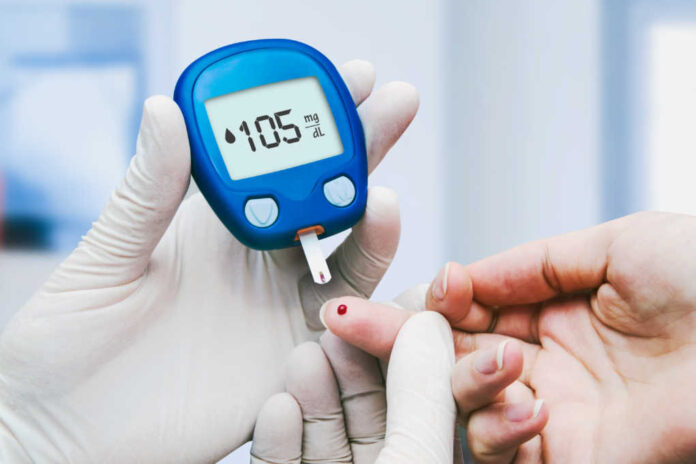
Artificial sweeteners are often advertised as a healthy alternative to sugar, especially toward type 2 diabetics trying to limit their sugar intake.
And because they provide a more intense sweetness with fewer calories, they’ve been widely marketed as a weight loss aid as well.
Artificial sweeteners, primarily saccharine, aspartame, and sucralose, are now used in thousands of food and drink products, including candy, beverages, cakes, yogurt, cereal bars, canned fruit, coffee sugar substitutes.
But can we trust these industry claims? Are they as safe and effective as suggested?
The Evidence-Based Reality
Because of how prevalent artificial sweeteners are, it’s difficult for researchers to design studies that produce reliable information about the long-term health effects of artificial sweeteners.
In mice, artificial sweeteners have been shown to disrupt the gut microbiome, inducing inflammation and impairing the body’s ability to process glucose. Artificial sweeteners may also lead to an increased risk of obesity, diabetes, heart disease, and even cancer.
It might also be worth considering the emotional and psychological effects of using artificial sweeteners. While it may feel like an excellent low-calorie substitute for sugar, these artificial sweeteners may lead to chronic cravings and overconsumption of tasty but unhealthy processed foods and drinks.
Overall, the research collected so far suggests that artificial sweeteners are not beneficial for people with diabetes and may be harmful and even increase the risk of developing diabetes.
Other Options For Diabetics
The links between diet and type 2 diabetes are well documented.
The most promising dietary intervention for preventing and treating diabetes appears to be a plant-based diet. A plant-based diet does not necessarily mean the same thing as vegetarian or vegan. While veganism is based around the elimination of animal products, plant-based diets emphasize the healthiness of vegetables, fruit, whole grains, and legumes like beans and lentils.
By following a plant-based diet, not many processed foods, and meats, you can dramatically reduce your risk of developing type 2 diabetes. In some cases, following a plant-based diet may even cause remission of the disease in people already diagnosed.
This is probably due to the associated weight loss and improved insulin sensitivity that change to a plant-based eating pattern.
So if you are concerned about how the food you eat impacts your risk of diabetes, you may want to consider shifting your mindset away from “less bad” substitutes toward healthful foods that can protect and improve your health.






















